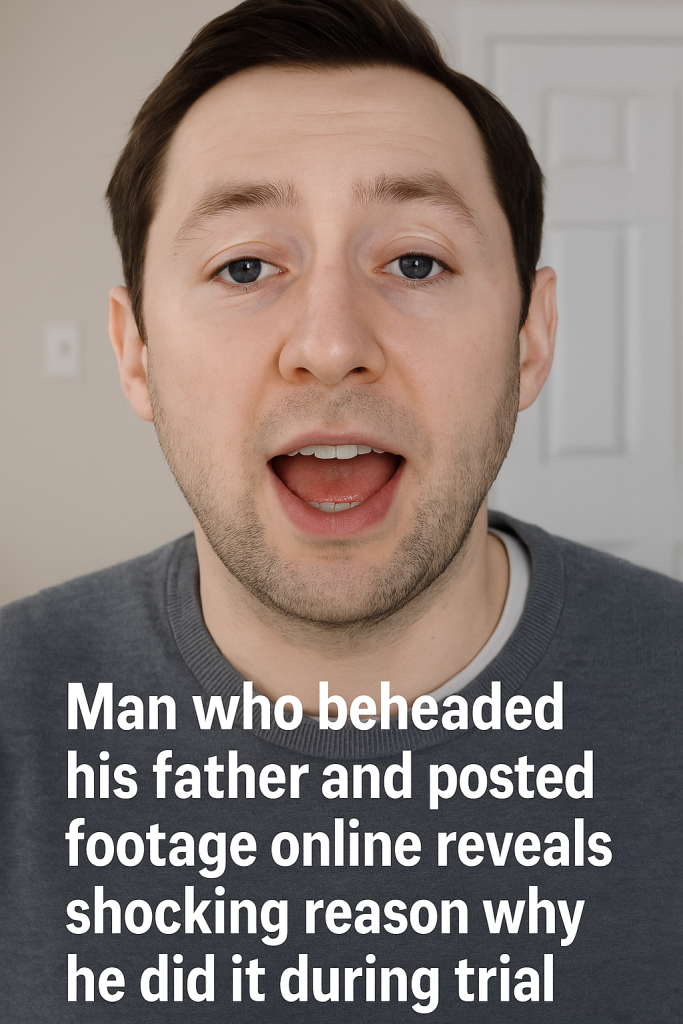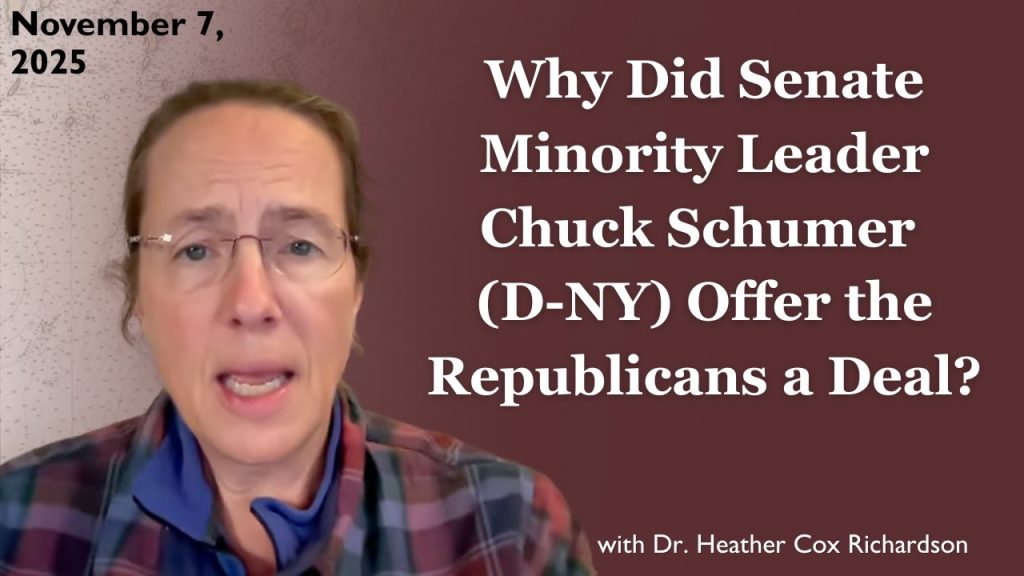In a disturbing and highly unusual court case that has gripped social media, a man accused of beheading his father and posting the grisly footage online shocked the courtroom by referencing former President Donald Trump during his defense. The shocking trial has reignited debates over mental health, social media influence, and the role of political rhetoric in violent acts.
The incident, which occurred recently, involved a son who allegedly murdered his father in a brutal fashion and then shared the horrifying video with the public through social media channels. The act itself evoked widespread horror, but the defense strategy in court has now added an unexpected twist to the already tragic circumstances.
During the trial, the accused surprised the courtroom by invoking Donald Trump’s name while explaining the reasons behind his violent actions. According to court transcripts, the defendant’s lawyer argued that the son’s motives were influenced in part by the political climate and rhetoric that, in his defense’s view, fostered fear, anger, and division. The mention of Trump appeared to be a pivotal part of the defense’s attempt to contextualize the mental and emotional state of the accused.
Legal experts following the case have pointed out that this type of defense, which ties violent behavior to the political atmosphere, is rare but not unprecedented. The defendant’s team is reportedly trying to argue that his client’s psychological condition was exacerbated by external factors, including exposure to aggressive political discourse and societal polarization that surged during and after Trump’s presidency.
Authorities have provided limited details about the incident itself, citing the ongoing nature of the trial and the sensitive nature of the crime. However, public records confirm that the accused uploaded the footage shortly after committing the act, sparking outrage and a wave of online discussions about the dark intersections of mental health crises and the viral nature of social media content.
The court hearing has become a focal point for discussions about how social media platforms handle violent content, as well as the responsibilities of public figures who influence societal tensions. Many social media users and commentators are debating whether the defendant’s invocation of Trump was a calculated legal strategy or a genuine reflection of his mindset.
This tragic case also raises broader questions about how society addresses extreme acts of violence within families, the mental health support systems available, and the impact of political rhetoric on vulnerable individuals. Psychologists consulted on the case note that such extreme behaviors typically result from a complex combination of personal, psychological, and environmental factors, cautioning against oversimplified explanations.
As the trial continues, the nation watches closely, seeking to understand not only the shocking crime itself but also the complex social and psychological dynamics illuminated by the defendant’s surprising invocation of a political figure during his defense. The verdict and the legal arguments put forth could have implications far beyond this case, potentially influencing future discussions about accountability, mental health, and political discourse in the courtroom.



